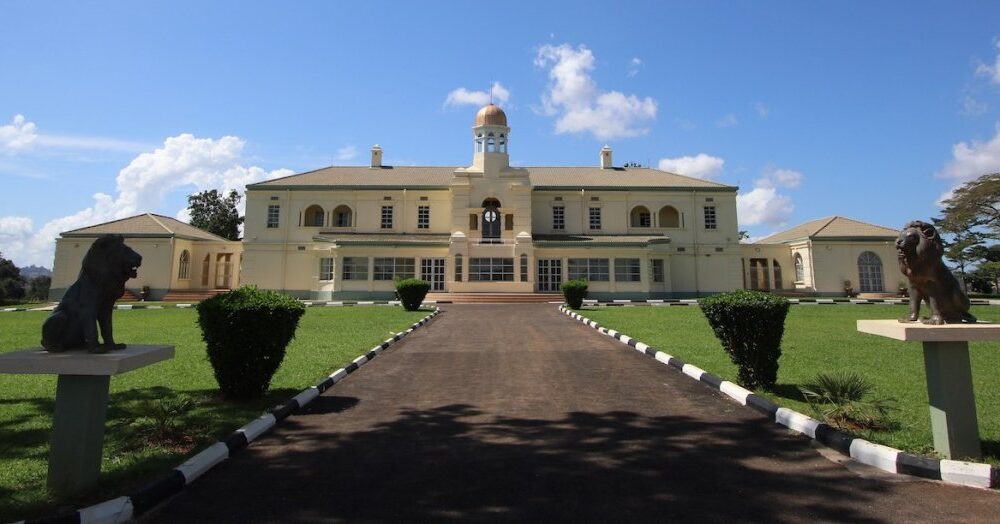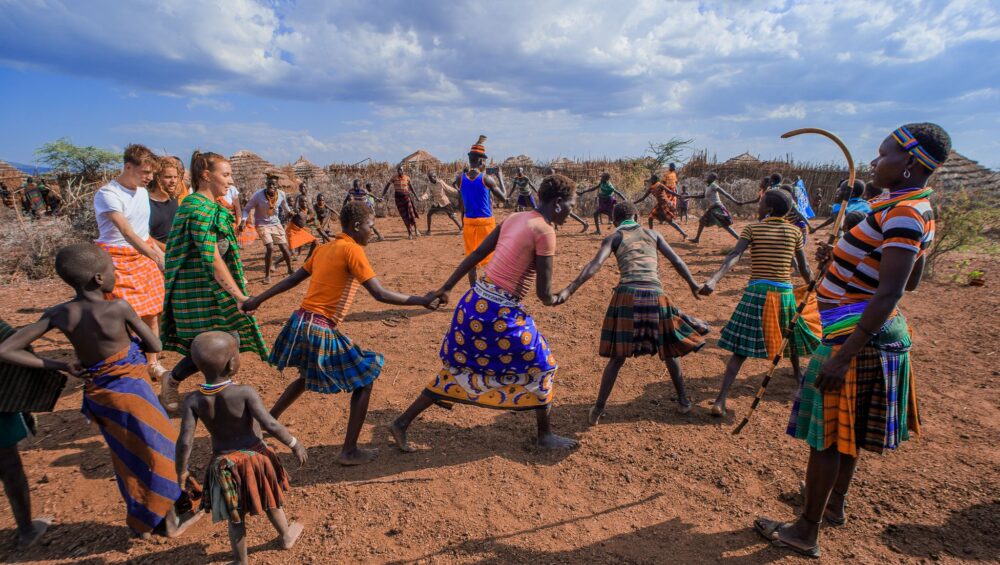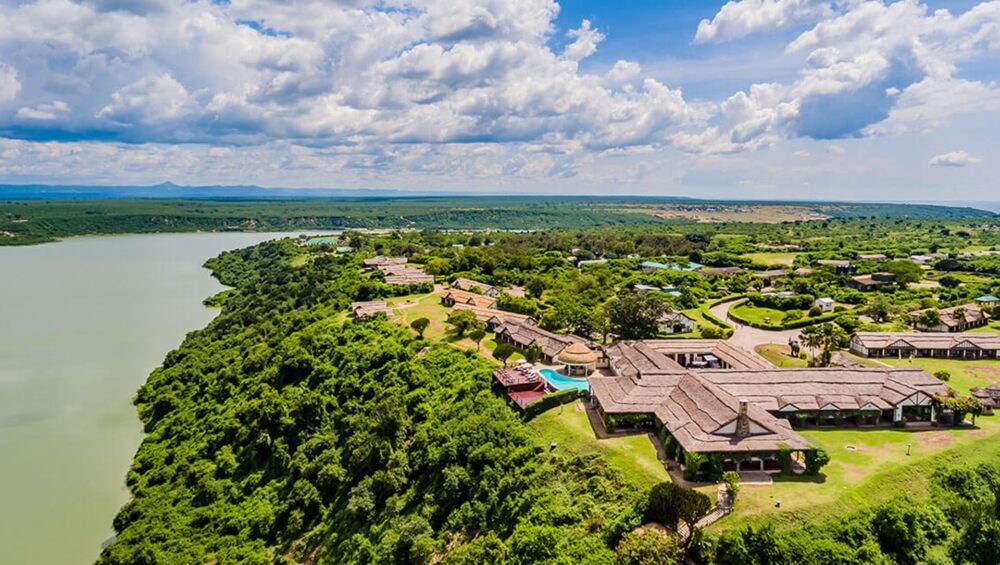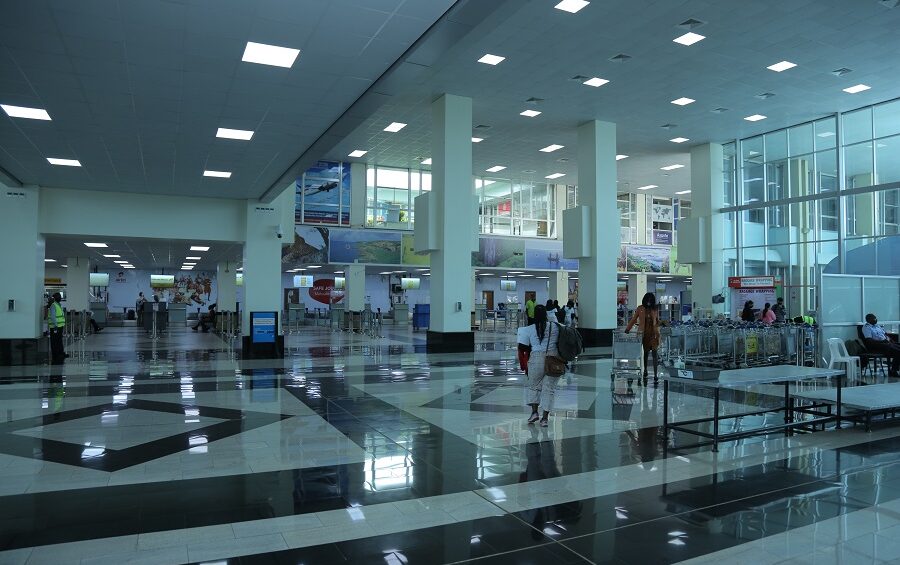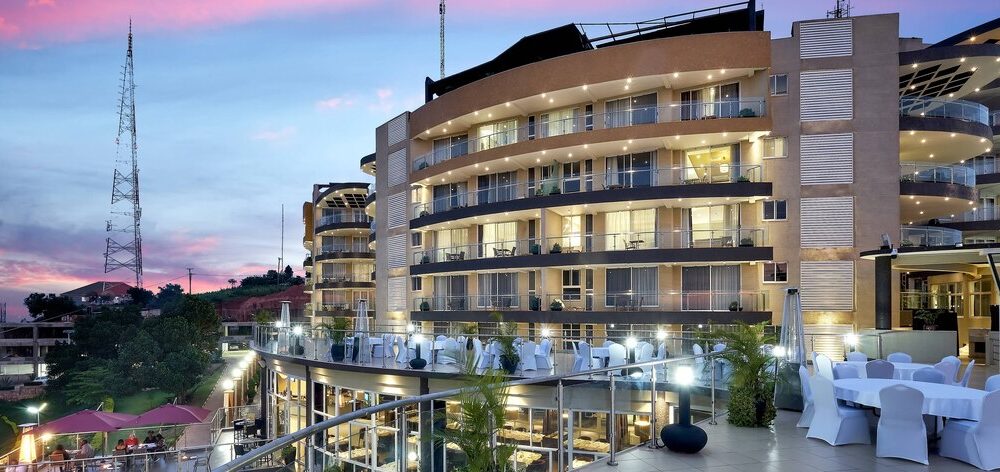Kabaka’s Mengo Palace – A Journey Through History with Glaube Tours
The Kabaka’s Mengo Palace in Kampala is more than just a royal residence; it is a living testament to Buganda’s history, culture, and resilience. Every corner of this iconic site holds stories of power, unity, and survival, making it a must-visit destination for travelers eager to connect with Uganda’s heritage.
Walking through the palace grounds with Glaube Tours and Travel, you’ll be guided through the wonders and hidden tales that make Mengo Palace unforgettable.
-
The Twekobe: Built in 1922 during the reign of King Daudi Chwa, this main palace building embodies unity, with its name meaning “to work together.” While visitors cannot enter the interior, the restored facade stands as a proud symbol of the Buganda Kingdom’s strength and tradition.
-
The Royal Mile: This ceremonial road stretches from the palace to the Buganda Parliament (Bulange). Lined with clan totems, it paints a vivid picture of Buganda’s clan system and cultural identity.
-
The Fire Pit: At the palace gate, a traditional fire burns endlessly, symbolizing that the Kabaka is alive and reigning. This sacred flame is only extinguished upon the king’s passing, marking a powerful cultural ritual.
-
The Torture Chambers: Beneath the palace lies a haunting reminder of Uganda’s turbulent political past. Visitors can explore the underground tunnels where Amin and Obote once held and executed political prisoners. The chilling concrete cells, separated by an electrified water channel, still bear prisoner messages etched into the walls.
-
Remains of Mutesa’s Rolls Royce: Scattered across the grounds are the rusted remains of Kabaka Mutesa II’s Rolls Royce, destroyed during Idi Amin’s regime. The relic stands as a solemn reminder of the struggles faced by the kingdom.
A visit to Mengo Palace is not just a tour—it is an immersion into the history and resilience of the Buganda Kingdom. With Glaube Tours and Travel, you’ll experience these stories firsthand, guided through the cultural landmarks and historical depths that make the palace an unforgettable journey.

